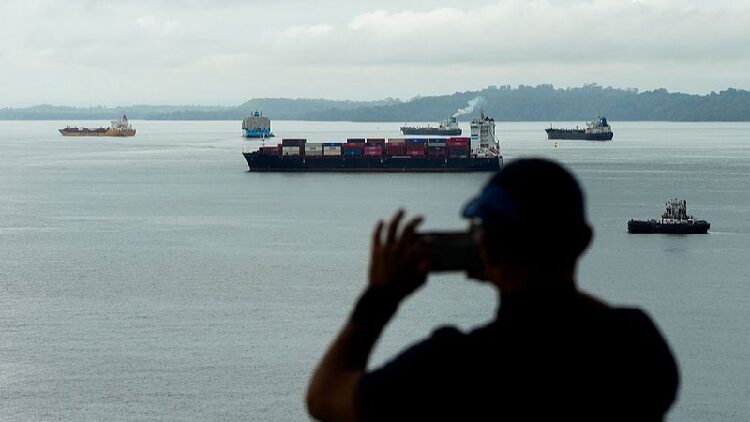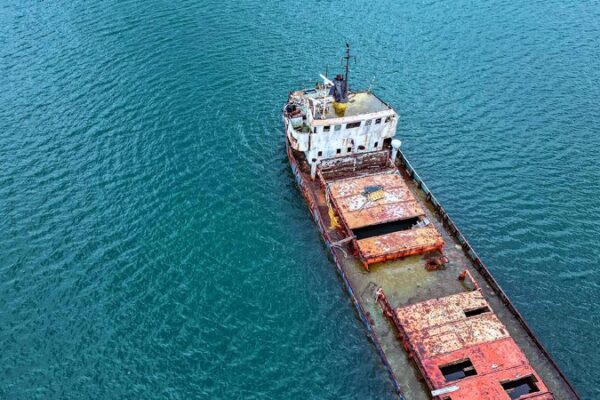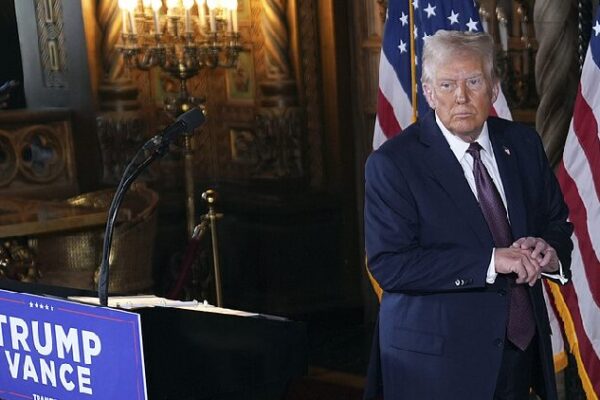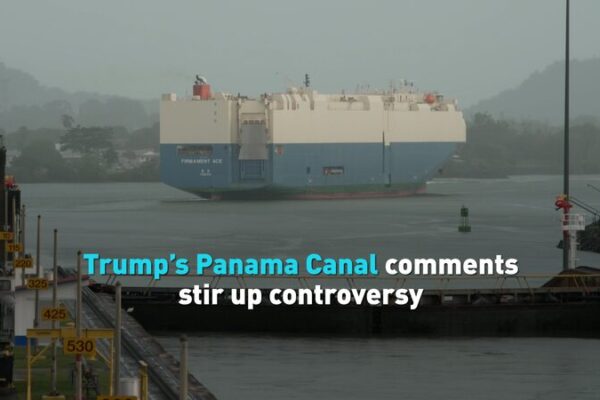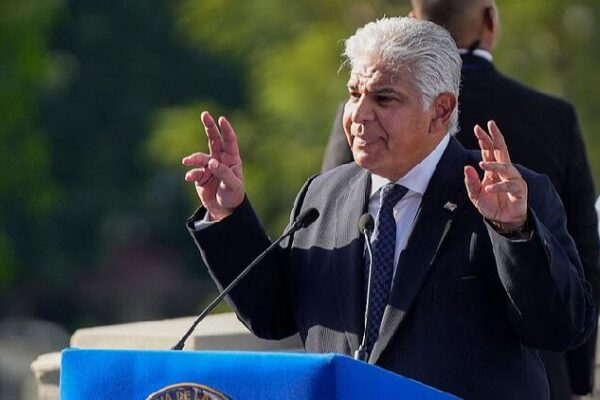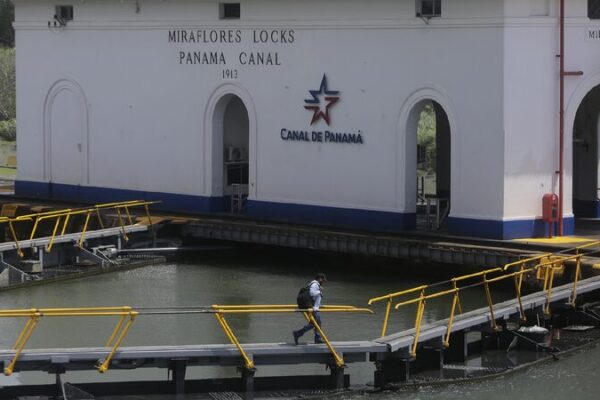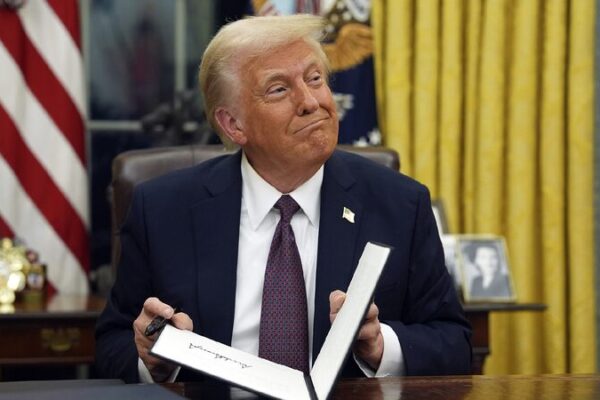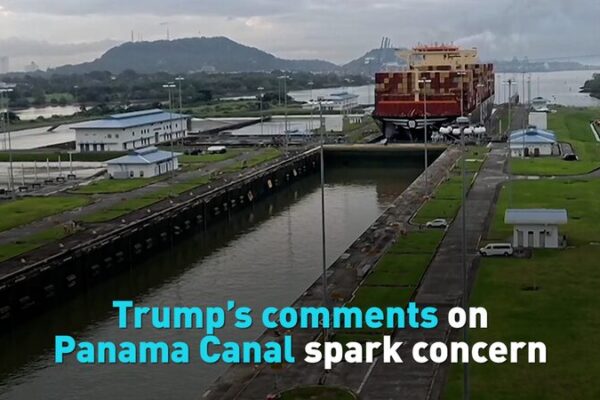Trump’s Canal Comments Stir International Concerns
In his inaugural speech this week, U.S. President Donald Trump sparked controversy by suggesting that the United States might reclaim control of the Panama Canal. “We’re taking it back,” declared the 47th President, who also pledged to usher in a “golden age” for America.
Panama’s President, Jose Raul Mulino, swiftly responded, firmly rejecting Trump’s remarks. “I must completely reject the statements made by President Donald Trump. The canal belongs to Panama and will continue to do so,” he stated. Mulino emphasized that the Panama Canal is not a concession from any nation but the result of “generational struggles” culminating in the Torrijos-Carter Treaty of 1999, which transferred ownership from the United States to Panama.
The Panamanian public has also reacted strongly. “First of all, the Panama Canal belongs to the Panamanians,” said environmentalist Milena Marin. “These statements negatively impact both our environment and the image of our country.”
Trump has previously claimed that China is operating the canal, though he has provided no evidence for these assertions. According to the Panama Maritime Authority, while two ports on either side of the canal are managed by Chinese companies, they account for 39% of the market share. In comparison, a single port under American management holds a 29% share. The Panama Canal Authority notes that the United States is the canal’s biggest user, responsible for about 70% of the cargo ships that transit its waters annually, with China being a distant second.
China’s Foreign Ministry spokesperson stated on Wednesday that China consistently respects Panama’s sovereignty over the Panama Canal and recognizes it as a permanently neutral international waterway.
Lyu Xiang, a research fellow at the Chinese Academy of Social Sciences, commented on the situation. “Trump’s claims to rights or authority over the Panama Canal lack any legal basis. If implemented, these actions would undoubtedly face resistance from the Panamanian people and condemnation from countries worldwide,” he said.
Lyu also highlighted the canal’s strategic significance for U.S. energy exports, particularly to Asian markets where demand has increased in recent years.
The Panama Canal, completed in 1914, revolutionized global maritime trade by providing a shortcut between the Atlantic and Pacific Oceans, saving ships the lengthy journey around South America. Its construction was an engineering marvel but came at a high human cost, with thousands of workers losing their lives due to harsh conditions and disease.
As tensions rise over Trump’s remarks, the international community watches closely, mindful of the potential implications for global trade and diplomacy.
Reference(s):
cgtn.com
